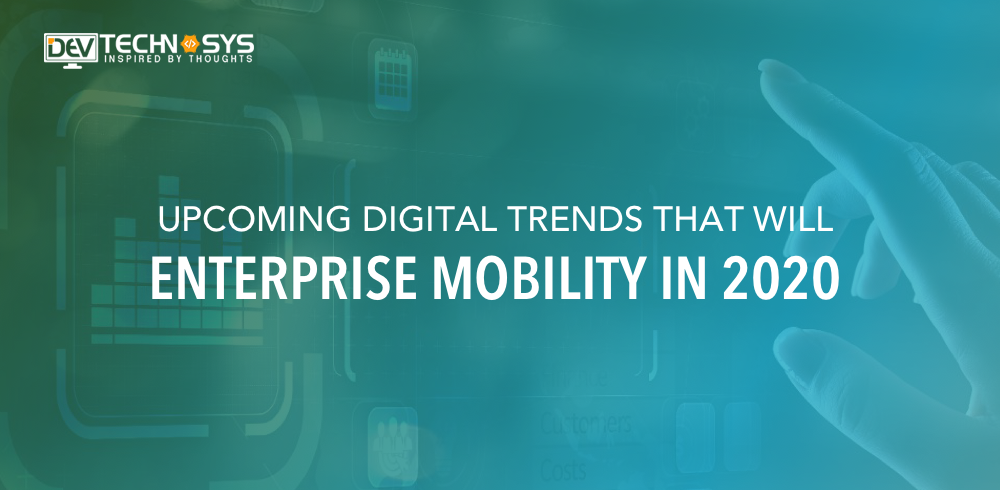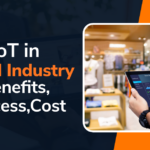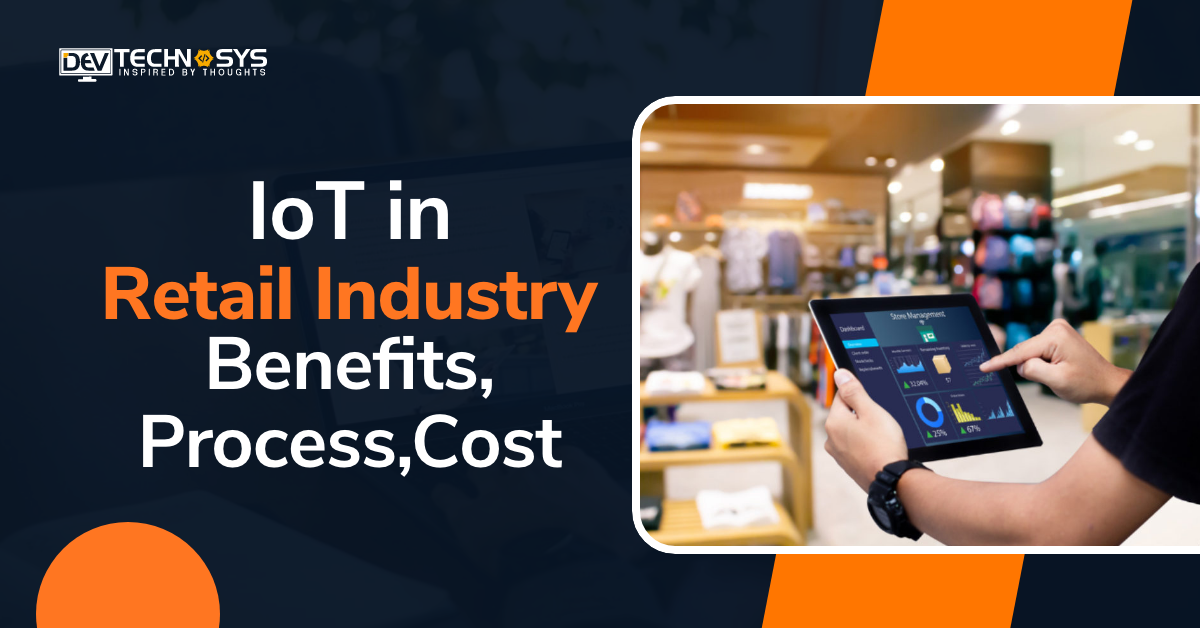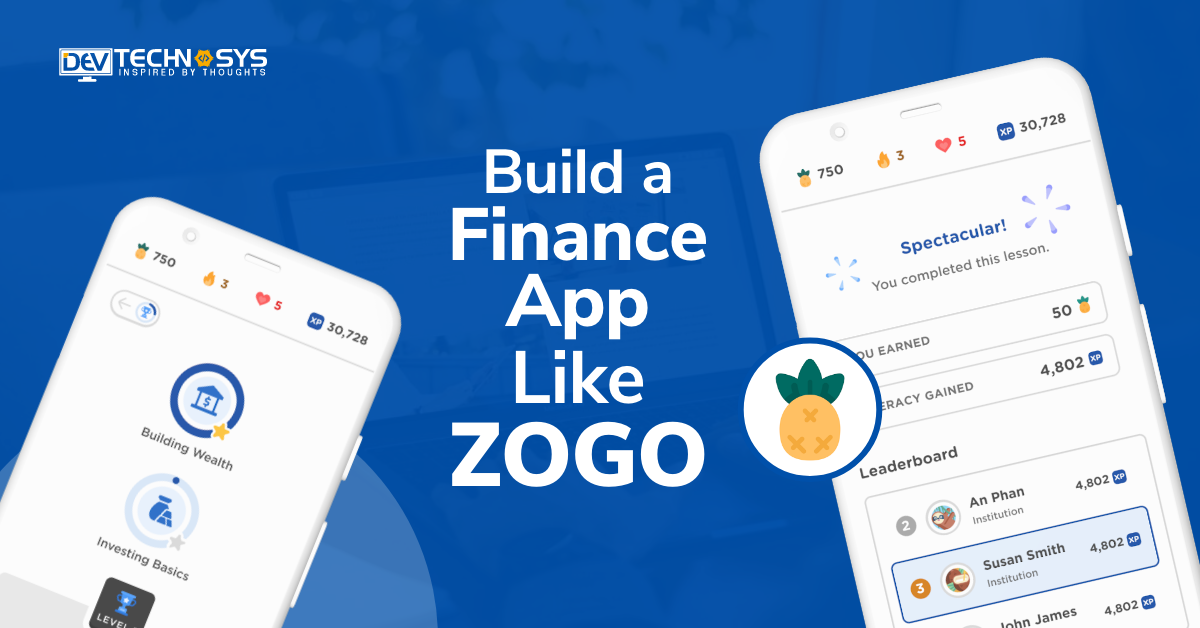The latest technological advancement transforms businesses and their processes and introduces new and unique devices and tools from time to time.
When it comes down to the impact of technology on enterprises, we are witnessing the growing role of enterprise mobility solutions which are disrupting work processes and operations of enterprises. Enterprise mobility is essentially a concept that influences the entire business sector to the greatest extent. The implementation of this concept is quite noticeable in various business sectors which leads to the massive transformation of various industries.
With everything going mobile in the present time, enterprises are not left behind with its impact. Given the improvement in the employees’ productivity level due to enterprise mobility deployment in the enterprises, this concept is receiving great appreciation all over the world.
With the rapid development of these solutions by enterprise mobility services, there are certain trends that are worth considering as they will lead and guide enterprise mobility in the future. The implementation of these digital trends into the enterprises actually ensures that the company employees receive a mobile platform to do their work, through available devices. Also, remote working options are now available, which allows business owners as well as employees to utilize their own personal mobiles and laptops in order to accomplish their various tasks from any place.
Related Blog: Why companies fear enterprise mobility adoption
Now, let’s look at the upcoming digital trends, which will guide enterprise mobility in the year 2020.
Table of Contents
Digital Trends to Guide Enterprise Mobility
1. Advancement in 5G
While people are still amazed by the usage of 4G networks everywhere, enterprise mobility solutions are set to become much more robust with the upcoming 5G technology. Due to this, working from far away distance for the organization will certainly undergo a massive transformation in terms of both speeds as well as efficiency. It is expected that 5G will be introduced and deployed in the field of enterprise mobility soon.
2. Incorporation of AI and Machine Learning
With the improvement of technology to a larger extent, Artificial Intelligence, as well as Machine learning, is definitely being incorporated into the enterprise mobility concept. You can now imagine how productive this merger of AI and Machine learning with enterprise mobility is for the business sectors.
The idea of inculcating AI technology isn’t a new one, and it has been under process for quite some time. Mobile app development services have already started using AI and machine learning in their mobile app development for various sectors. In the case of enterprise mobility, AI deployment is actually expected to see a much more advanced phase which makes enterprises more productive and effective.
With the assistance of AI as well as Machine learning, data governance will become much easier and will also make information clearer as well as more visible, and even quite easy to understand. This will lead to making data ready for usage and hence initiate much better decision-making.
3. Enhanced Security as a Priority
While dealing online, it is important for enterprises to have a secure and safe environment, to begin with. Whether it is money or confidential company data, security is the prime requirement. With the latest trends or features, enterprise mobility will essentially be supplemented with a much safer and more secure platform.
In this regard, Mobile Threat Defence will be an essential necessity. It will be a more popular digital trend in enterprise mobility. With the inculcation of advanced facial recognition along with improving biometrics, as well as no-scanning security measures, dealing with data, will become more secure. Hence, enterprise mobility will adopt this latest digital trend of zero-trust cybersecurity.
4. Inculcation of Bring Your Own Device (BYOD)
The rapid adoption of BYOD or Bring Your Own Device will continue in 2020. With the assistance of the inclusion of the BYOD by most of organizations, the associated expenses will get reduced to a great extent. Also, the consumerization of Information Technology will keep on rising. The concept of BYOD has already proved its great effectiveness in the context of ease of operations, better productivity, and cost savings. In particular, the inherent cost advantage which BYOD provides can be quite beneficial for small-scale enterprises and startups. Enterprise mobility services will have a larger market to provide their solutions as IT leaders are already encouraging the practice to include BYOD in businesses.
5. Unified Endpoint Management
In the upcoming time, we will see Unified Endpoint Management, also known as UEM, gain a significant boost due to the requirements for more secure mobile devices to work with. This UEM approach actually refers to the secure deployment of multiple endpoints from a particularly single console. The endpoints in an enterprise can be different resources of a firm on various devices like laptops, mobiles, desktops, tablets, wearables, etc.
Hence, an enterprise can certainly have numerous endpoints, and it is quite essential to keep them secure and synchronized, especially for an enterprise that has a relatively larger headcount. An enterprise has to hire an app developer who can develop an enterprise mobility solution that leverages the technology to enable better and improved management by keeping various endpoints connected via a secure and safe platform.
Related Blog: Tips and Practices to Develop Good Apps in a Short Time
6. Location-based Features
When it comes to enterprise mobility, awareness of the areas from which an employee operates is quite essential at times. It is a useful feature for enterprise owners who may need to know the place where the services are actually asked from. Hence, a location-based feature is quite an important inculcation in any enterprise mobility solution or application.
With the assistance of this, the owners can track, trace as well as service anyone that they want. The enterprises which deal with service, not products, will require highly connected intelligent networks in order to make their service delivery much easier and better organized.
7. Augmented Reality and Virtual Reality
Both AR, as well as VR, were often considered to be best suited for gaming work only. However, as time changes, these advanced technologies are gaining their place. Mobile app development solutions now utilize these technologies to develop apps that provide an interactive experience of hyper-realistic as well as real-world environments through various supported devices. AR and VR-based apps are rapidly becoming quite popular all over the world in a wide range of fields. It includes manufacturing, healthcare, and much more.
Whether it is the training of employees in quite a high-tech environment or visualizing data for the purpose of extracting business-related key insights, AR and VR-based applications can certainly cater to various purposes. Since both of these advanced technologies are yet to be fully explored and utilized, we can expect their latest features to be added to enterprise mobility apps in the future.
8. Internet of Things (IoT)
The concept of the Internet of Things is gaining popularity all over the world. In order to make the best utilization of this concept, enterprises are now witnessing IoT-enabled enterprise mobile application development. These apps are highly beneficial in achieving the following goals:
- Ensuring better workplace security.
- Bringing techniques for scalable data management.
- Better handling of the massive volume of data.
- Improving data capture methods.
- Developing hyper-personalized user experience.
In the upcoming time, this concept can certainly be seen as deeply penetrating enterprises, and they should hire app developers who can build IoT-based features within enterprise mobile apps.
9. Blockchain Technology
Blockchain technology ensures the safest and quickest online payment transactions. It is getting implemented into various spheres of business. It is expected that mobile application development services will look for various evolved features of this technology which can be easily implemented in a wide range of enterprise mobility apps to bring better security.
Conclusion
The upcoming digital trends in enterprise mobility will make it much easier for enterprises to carry out their tasks and operate effectively. However, answerability and accountability will certainly increase multiple times. It will also make it mandatory for enterprises to remain careful during the deployment of the technological concepts which should be appropriately based on what the enterprise mobility solutions or applications ought to have. Once the system is robust, the enterprise will certainly have the best working experience coupled with efficient data retrieval and storage system along with all of the latest and advanced features which make the entire system robust as well as secure.
Hence if an enterprise wishes to have reliable, affordable, accessible as well as available cloud computing services in order to resolve the various data security and management issues, these latest trends in enterprise mobility will certainly help you. The digital working platform will certainly experience a great transformation as soon as an enterprise has the required mobility solution installed. Such solutions will improve the productivity of employees.
They will also offer a better user experience with the usage of the latest technologies like AR and VR. Blockchain technology will massively improve the security of enterprise mobility apps. The Internet of Things will hugely impact user experience, data handling, etc., and bring better techniques for scalable data management as well as improving workplace security. BYOD will allow employees to complete their tasks from any place and also from anywhere. Implementation of AI and Machine learning will improve the efficiency of employees and will help in providing better data-driven insights that further lead to better decision-making.

























